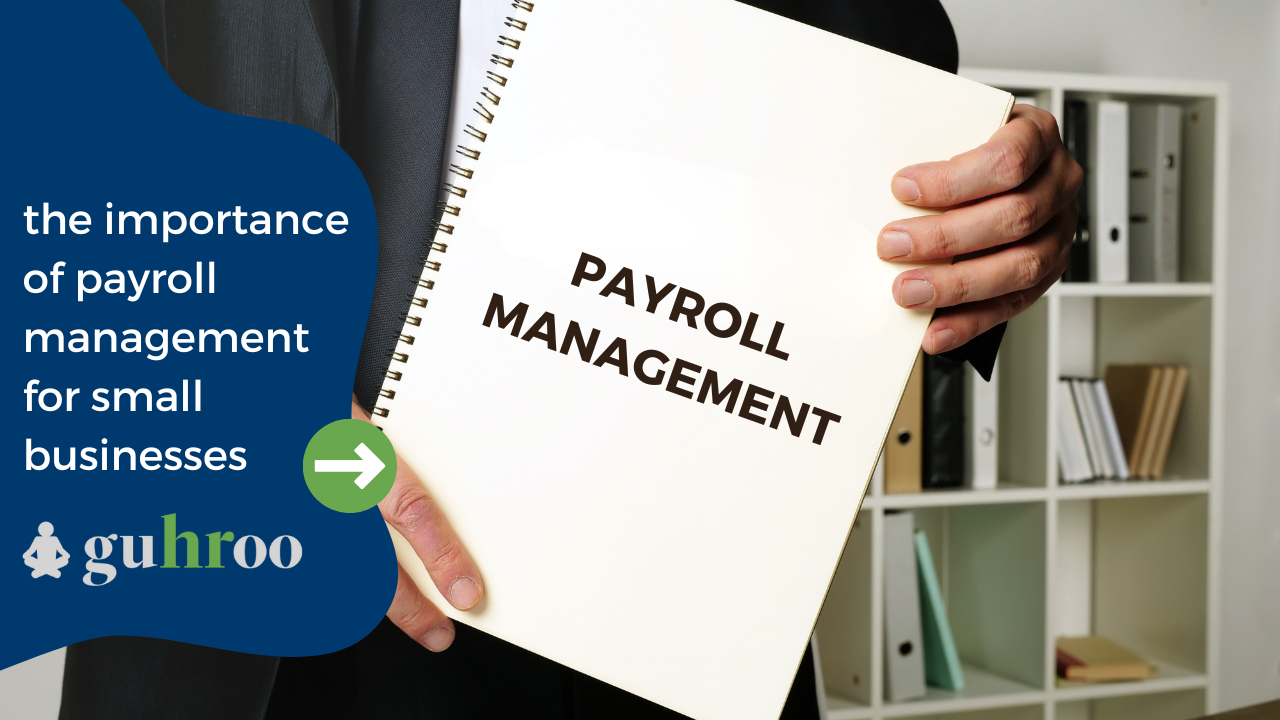so, you are thinking about outsourcing your payroll. Outsourcing payroll has become a common practice among businesses, especially small and medium-sized enterprises. It allows them to focus on their core activities while delegating this crucial function to professionals.
however, outsourcing payroll is not without risks, and businesses should be aware of these before making a decision. In this article, we will discuss the risks of outsourcing payroll and what you need to know.
let’s face it, this isn’t for everyone, and guHRoo is not for everyone. We don’t try to pretend it is. We want to give you all of the information you need to make an educated decision.
risks of outsourcing payroll
loss of control
one of the main risks of outsourcing payroll is the loss of control over the process. When you outsource payroll, you are entrusting a third-party provider with your sensitive financial information.
this includes your employees’ salaries, taxes, benefits, and other confidential data. While outsourcing payroll can save time and money, it also means that you are relying on another company to handle your finances.
security breaches
outsourcing payroll also increases the risk of security breaches. When you outsource payroll, you are providing access to your company’s financial data to a third-party provider.
if this data is not adequately protected, it can be vulnerable to cyberattacks, theft, or other forms of data breaches that can jeopardize your employees’ financial security.
noncompliance
Another risk of outsourcing payroll is noncompliance with government regulations. Payroll providers must comply with federal and state laws, such as tax withholding, wage and hour laws, and other regulations. If the payroll provider fails to comply with these laws, your business can be held liable for any penalties or fines.
hidden fees
outsourcing payroll can come with hidden fees. Some providers advertise low fees to attract customers, but they may charge additional fees for services such as direct deposit, tax filing, or year-end reporting. These fees can add up quickly and significantly increase your overall payroll costs.
lack of customization
outsourcing payroll also means that you are limited in terms of customization. Payroll providers typically offer standardized services, which may not meet the unique needs of your business. For example, if you have a complex pay structure or require customized reports, you may not be able to get these from a payroll provider.
communication issues
communication issues can also arise when outsourcing payroll. If you have questions or concerns about your payroll, you will need to contact the payroll provider. However, if the provider is located in a different time zone or has limited customer support, it can be challenging to get in touch with them. This can lead to delays or errors in your payroll processing.
employee dissatisfaction
when you outsource payroll, employees may experience dissatisfaction due to issues such as incorrect wages or delayed payments. This can lead to an overall decrease in employee morale, which can have a negative impact on productivity.
additionally, employees may not be comfortable sharing personal information with an outside vendor, leading to further dissatisfaction. Finally, it is important to ensure the payroll provider is up to date with the latest tax regulations, to avoid potential penalties from the government.
in-house vs outsourced payroll – factors to consider
given these risks, the question of whether to outsource payroll or keep it in-house can be a difficult one. Here are some factors to consider when making a decision.
cost
one of the most significant factors to consider is the cost. Outsourcing payroll can be expensive, and for some companies, the cost may not be justified. On the other hand, keeping payroll in-house can also be costly, especially when you consider the overhead costs associated with maintaining a payroll department, such as salaries, benefits, and technology.
control
by keeping payroll in-house, the company can maintain complete control over the payroll process. This can be important for companies that have unique payroll requirements or want to keep sensitive information in-house. In contrast, outsourcing payroll may mean that you have less control over the payroll process, which could lead to mistakes or miscommunications.
confidentiality
keeping payroll in-house can ensure that sensitive payroll information is kept confidential. This can be important for companies that handle sensitive data, such as medical or financial information. When outsourcing payroll, you are essentially giving access to your employees’ private information to a third-party provider, which can be a concern for some companies.
customization
companies that keep payroll in-house can customize their payroll process to meet their specific needs. Outsourced payroll providers may not be able to offer the same level of customization. For example, if you have unique pay structures, such as commissions or bonuses, it may be easier to manage them in-house.

knowledge retention
by keeping payroll in-house, companies can retain knowledge and expertise within their organization. This can be important for companies that want to develop their employees’ skills and promote from within. When you outsource payroll, you lose some of the institutional knowledge and expertise that can be gained by keeping it in-house.
conclusion
outsourcing payroll can offer many benefits to businesses, but it is not without risks.
before making a decision, businesses should carefully weigh the pros and cons of outsourcing payroll and ensure that they select a reputable and reliable payroll provider. By doing so, they can minimize the risks and enjoy the benefits of outsourcing payroll.
guHRoo offers the HR and payroll services that small businesses need to run their business the right way. If you are looking for a payroll service to help you do accurate payroll easily, reach out to us today.




